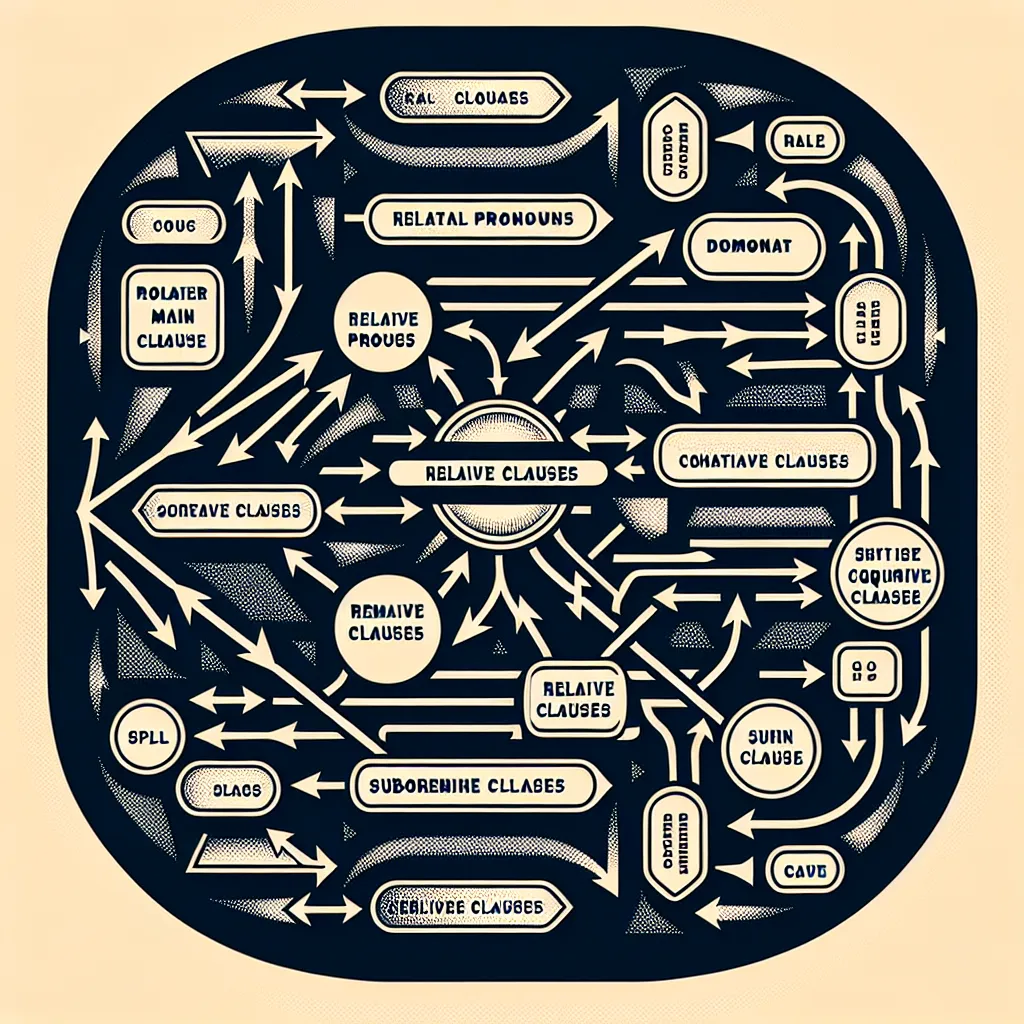Scientific writing requires a high level of precision and clarity in language use. Mastering advanced grammar is crucial for effectively communicating complex ideas and research findings. This comprehensive guide will help you enhance your scientific writing skills by focusing on advanced grammar techniques.
Understanding the Importance of Advanced Grammar in Scientific Writing
Scientific papers demand a unique style of writing that is clear, concise, and objective. Advanced grammar plays a pivotal role in achieving these qualities, allowing researchers to convey their ideas with precision and avoid ambiguity.
Key Benefits of Advanced Grammar in Scientific Writing
- Clarity: Proper grammar ensures that your ideas are communicated clearly and accurately.
- Credibility: Well-structured sentences enhance the professionalism of your work.
- Precision: Advanced grammar techniques allow for nuanced expression of complex concepts.
- Consistency: Maintaining grammatical consistency throughout your paper improves readability.
 Advanced Grammar in Scientific Writing
Advanced Grammar in Scientific Writing
Essential Advanced Grammar Techniques for Scientific Writing
1. Mastering Complex Sentence Structures
Scientific writing often requires the use of complex sentences to express intricate relationships between ideas. Here are some advanced sentence structures to incorporate:
- Compound-complex sentences
- Parallel structures
- Subordinate clauses
Example:
“While the experiment yielded promising results, further research is needed to confirm the findings and to explore their implications in real-world applications.”
2. Proper Use of Passive Voice
Passive voice is common in scientific writing, particularly when describing methods and results. However, it’s essential to use it judiciously.
When to use passive voice:
- To emphasize the action rather than the actor
- When the actor is unknown or irrelevant
Example:
“The samples were analyzed using spectroscopy, and the results were recorded in a database.”
For more information on using passive voice effectively, check out our article on advanced grammar for technical writing.
3. Precise Use of Tenses
Choosing the correct tense is crucial in scientific writing. Here’s a quick guide:
- Present tense: For known facts and general truths
- Past tense: For specific results and completed actions
- Present perfect: For literature review and ongoing research
Example:
“Previous studies have shown (present perfect) that climate change affects (present) biodiversity. Our experiment demonstrated (past) a significant correlation between temperature rise and species decline.”
4. Effective Use of Modifiers
Modifiers can enhance the precision of your writing when used correctly. Be cautious of dangling or misplaced modifiers.
Example of correct modifier use:
“Using advanced imaging techniques, researchers observed cellular changes at the molecular level.”
For more tips on using modifiers effectively, visit our guide on how to use advanced sentence modifiers.
5. Mastering Conditional Sentences
Conditional sentences are essential in scientific writing for discussing hypotheses, potential outcomes, and implications of research.
Example:
“If the temperature exceeds 100°C, the compound will decompose rapidly.”
To delve deeper into this topic, read our article on mastering the use of conditional sentences in formal writing.
 Advanced Grammar Techniques
Advanced Grammar Techniques
Common Pitfalls to Avoid in Scientific Writing
- Overuse of jargon: While technical terms are necessary, overuse can make your writing inaccessible.
- Lengthy sentences: Aim for clarity and conciseness.
- Inconsistent tense use: Maintain consistent tense throughout each section.
- Ambiguous pronoun references: Ensure that pronouns clearly refer to their antecedents.
- Informal language: Avoid colloquialisms and maintain a formal tone.
Practical Tips for Improving Your Scientific Writing Grammar
- Read extensively: Familiarize yourself with the style of well-regarded scientific journals in your field.
- Practice regularly: Write and revise often to hone your skills.
- Use grammar checkers: Tools like Grammarly can help identify common errors.
- Seek peer review: Ask colleagues to review your work for clarity and grammatical accuracy.
- Attend workshops: Participate in scientific writing workshops to learn from experts.
Conclusion
Mastering Advanced Grammar For Scientific Writing is an ongoing process that requires practice and attention to detail. By implementing the techniques discussed in this guide, you can significantly enhance the quality and impact of your scientific papers. Remember, clear and precise communication is key to advancing scientific knowledge and fostering collaboration within the research community.
We encourage you to apply these advanced grammar techniques in your next scientific paper. Share your experiences or ask questions in the comments below. For more in-depth guidance on specific aspects of scientific writing, explore our related articles on advanced grammar for literature analysis and advanced grammar for technical instructions.




